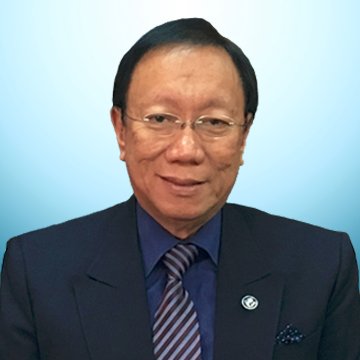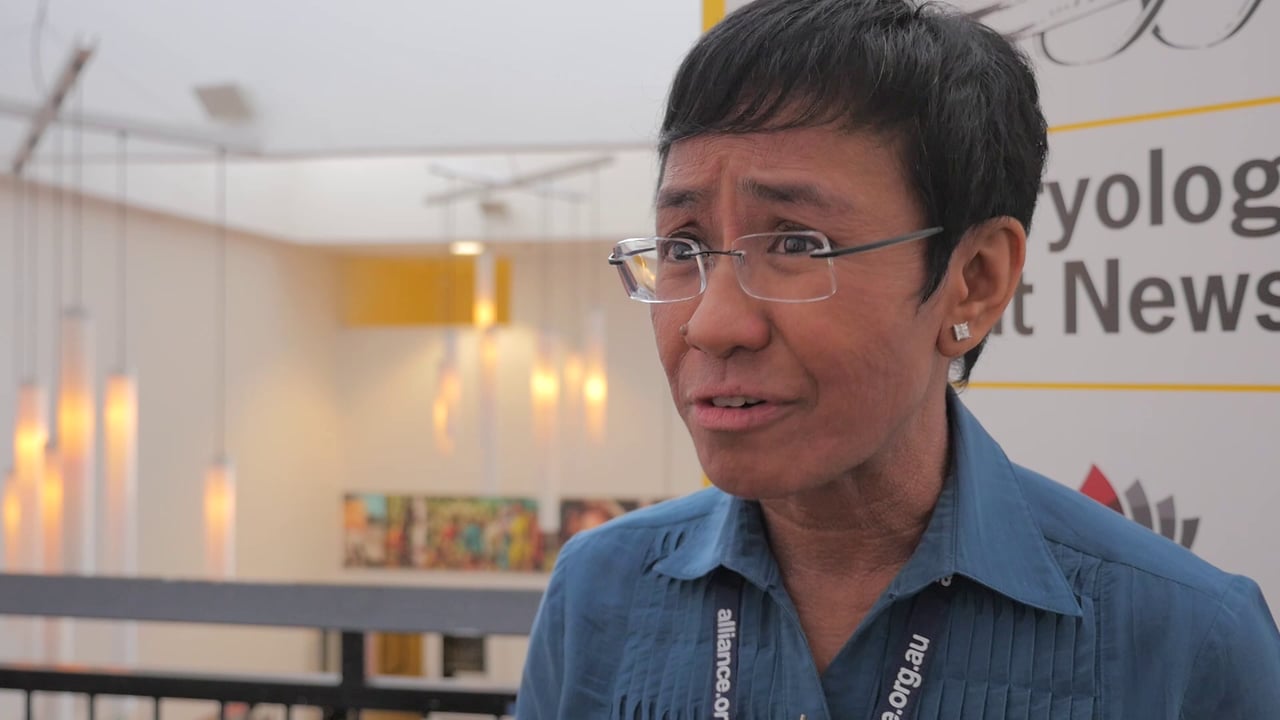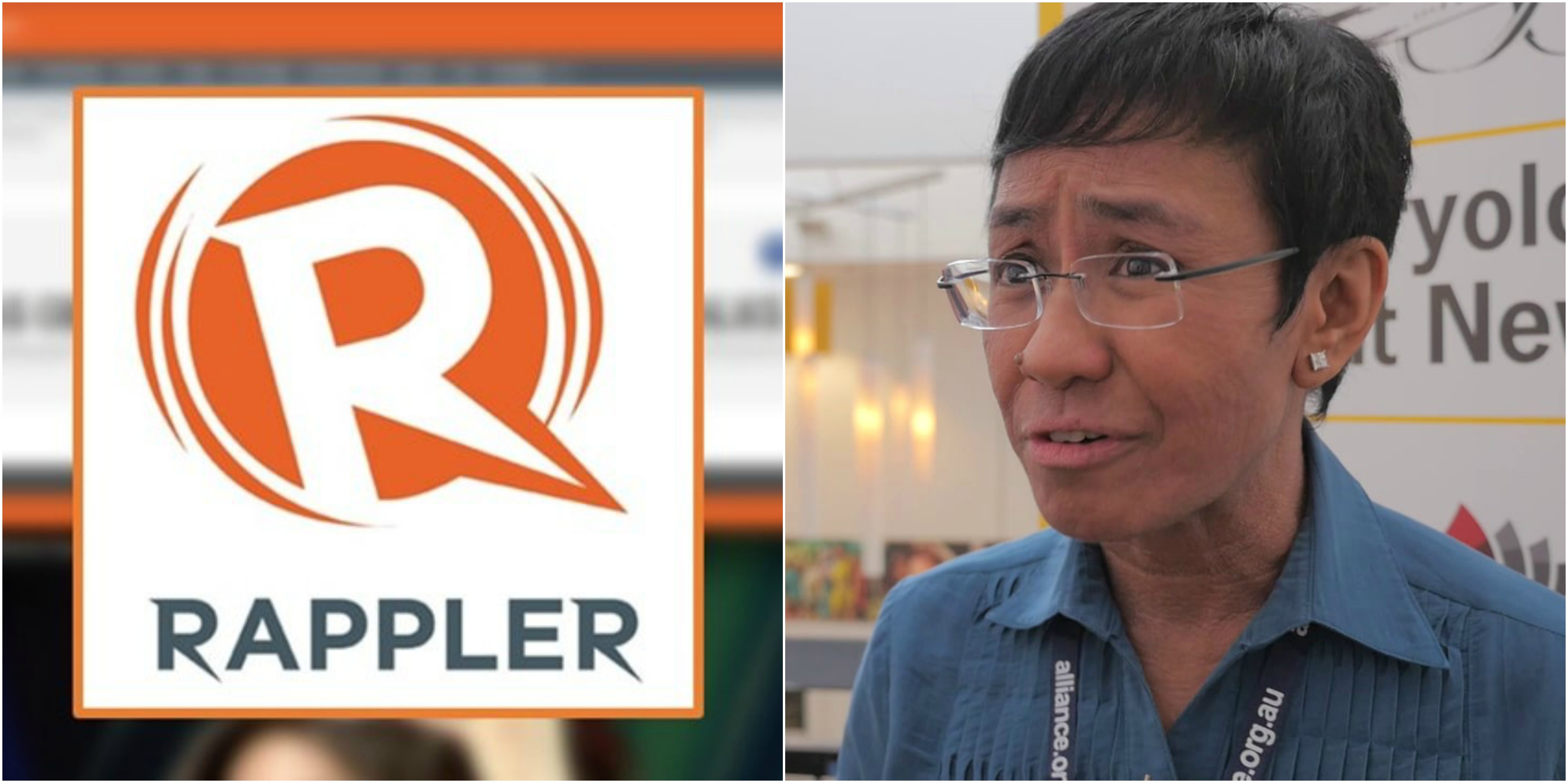In George Orwell’s imagined totalitarian state of Oceania, the ironically-named Ministry of Truth is tasked with censoring media and silencing critics who could challenge the authoritarian rule of “Big Brother” – the principal antagonist of the novel. Any dissenting view, even expressed in mere thoughts, were made illegal by the ruling party in a desperate attempt to keep hold of power.
Despite being intended as a political fiction, the famous novel is often used as a thinly-disguised portrayal of regimes that placed great restrictions on certain freedoms like in the former East Germany and in present-day North Korea. The conditions which allow total control by the government are often similar: the spread of propaganda, the revision of history, the censorship of the opposition and eventually the masses are indoctrinated to pledge blind allegiance to their oppressors.
Eerily, those conditions are emerging in another real-world state – the Philippines. One of the nation’s most popular online news websites and a staunch critic of the administration of President Rodrigo Duterte, Rappler.com, had its registration as a media company revoked by the Securities and Exchange Commission (SEC) over dubious anti-foreign control allegations.

The SEC issued a ruling on Thursday, 11th of January asserting that Rappler Holdings Corporation, the parent company of Rappler.com, sold control to foreign corporations which thus violates the 1987 Constitution’s restrictions on foreign ownership of Philippine companies. The full document can be downloaded and viewed by clicking this hyper-link.
The allegations stem from investments made by two overseas firms, Hawaii-based Omidyar Network and North Based Media (NBM), into the news site’s parent company in 2015. In an article published by Rappler immediately after the SEC ruling was made public, they clarified that both instances of capital infusion were made only as financial investments and did not denote ownership.
Rappler.com reiterated that they “remain 100% Filipino-owned”, and the explanation for why both financial injections into their company were legal despite coming from foreign entities is succinctly articulated by entrepreneur Oliver Segovia in his blog. This was not the first time conspiracy theories regarding the integrity of Rappler was surfaced, last year a story broke out that the website was ran by the Central Intelligence Agency (CIA) themselves!

However, the most frightening conspiracy theory in this equation is not the regarding the ownership of Rappler.com but rather the Duterte administration’s true intentions in sanctioning one of their fiercest critics. One could argue that the SEC runs independent from the government, but it was the Office of the Solicitor-General which ordered the investigation into Rappler’s affairs.
The current Solicitor-General is Jose Calida, one of Duterte’s campaign managers during the 2016 elections and a close confidante. When the latter was still Vice-Mayor of Davao City, he endorsed Calida for the position of Ombudsman in 2011.
As with the SEC, the Solicitor-General functions independently from the government. However, such close ties between the head-of-government and the Solicitor-General himself cannot be ignored.
It would be unsurprising if the decision to shut down Rappler was influenced in any way by President Duterte, given he himself have propagated dubious claims regarding the website’s ownership. He made the claim that Rappler was “fully owned by Americans” during his second State of the Nation Address last year.

From that, we can see an eerie resemblance with George Orwell’s totalitarian dystopia. The spread of false information by the nation’s leaders, even the head-of-state himself, against its critics in an attempt to undermine their legitimacy.
It is said that the news media forms part of “the fourth estate”, a sector of society which wields influence over its state-of-affairs who are not part of the government. The fourth estate fulfills a vital mandate of being another layer of check-and-balance against authoritarian rule, serving as a watchdog against any injustices committed by the three formal branches of power.
Rappler fulfilled that role very well, engaging in fearless journalism that questioned the excesses of the Duterte government – from the drug war to its manner of handling Chinese incursions into Philippine territorial waters. Despite being targeted multiple times by Duterte and his allies, Maria Ressa and her team stuck true to the moral obligation of journalism – to question and hold those in power to account.
Sadly, their future is in doubt with the sanction placed on them. In an official statement, the team vowed to carry-on delivering hard-hitting journalism but it may be a pipe-dream to think the attack on our forth estate ends here.


2 thoughts on “An Attack on the Fourth Estate”
Comments are closed.